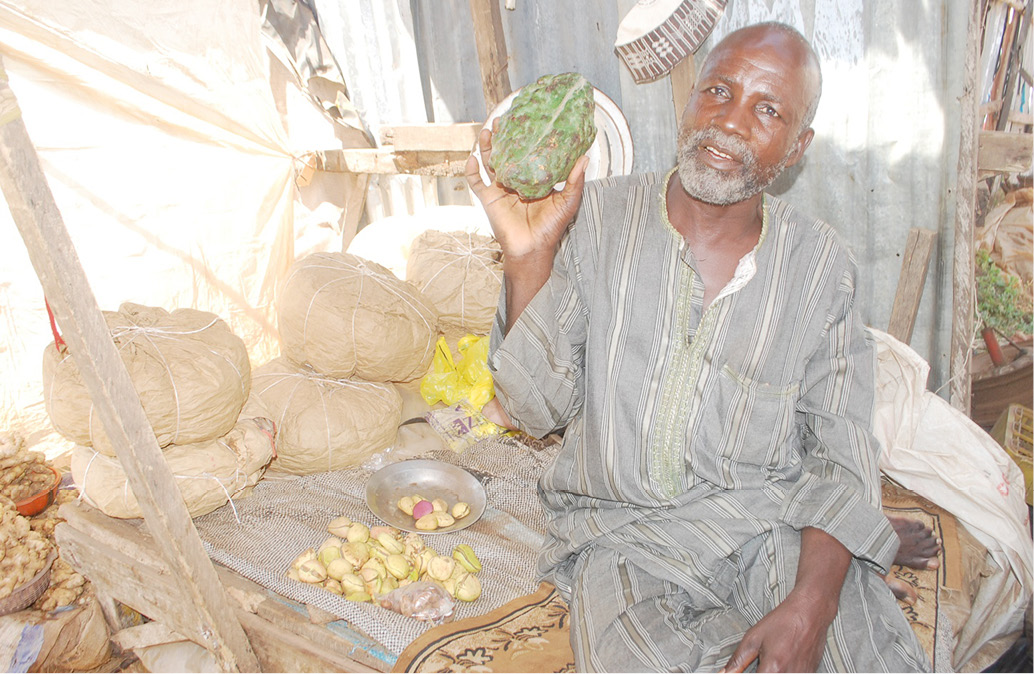The Mariri International Kolanut market in Kano is currently grappling with significant challenges, as many business owners have either shut down their shops or are struggling to make ends meet with meager resources that can barely sustain the market.
The market was relocated to Mariri from Kofar Nassarawa in 1977, to expand its capacity to accommodate more traders. While the region’s climate isn’t ideal for kolanut cultivation, Kano, in the northern part of Nigeria, is renowned for its distribution of this product not only within the country but also to other African nations, including Chad and Niger.
Kolanut, known as “Goro” in the Hausa dialect, holds a significant cultural role in various Nigerian communities, especially among the Hausa people. It’s a customary sight to find kolanuts being presented in many ceremonies.
In the past, the market received at least five truckloads of kolanuts daily from Shagamu in Ogun State, offering employment opportunities for thousands of young people. However, this scenario has changed drastically, and it’s now rare to witness daily truckloads of kolanuts arriving.
During a visit to the market, it was observed that young men and adults were struggling to earn a livelihood. Some work full-time kolanut trading, while others earn their living by loading and unloading the product.
It was disclosed that around 3,000 unemployed youths from Kano and neighbouring states used to source their daily income from menial jobs in the market. However, the market’s current state is far from what it used to be, with fewer people and lower activity.
According to Sabiu Alhaji Bala Tsakuwa, the chairman of the Mariri Kolanut Association, the market’s decline is primarily due to various challenges exacerbated by the country’s economic situation. Many business owners have resorted to closing their shops or operating with minimal resources.
Tsakuwa highlighted transportation challenges, including vehicle issues and problems during offloading and reloading, causing damage to the goods. He emphasized the need for government intervention in providing transport support.
He also mentioned capital challenges, as many businessmen have struggled due to economic recession, fires, and other factors. He called for government assistance to boost their businesses through empowerment programs.
Usaini Tsamiya Mai-Goro, who has spent over 40 years in the kolanut business, expressed concerns about the decline of the trade. Dayyabu Abdulhamidu, with 43 years of experience in the business, lamented the ongoing decline.
Ibrahim Hamza Adam explained that the market operates on credit due to a lack of cash in people’s hands, significantly changing the market’s nature.
The Mariri International Kolanut market is grappling with economic challenges, posing a threat to the livelihoods of those involved in the trade.











